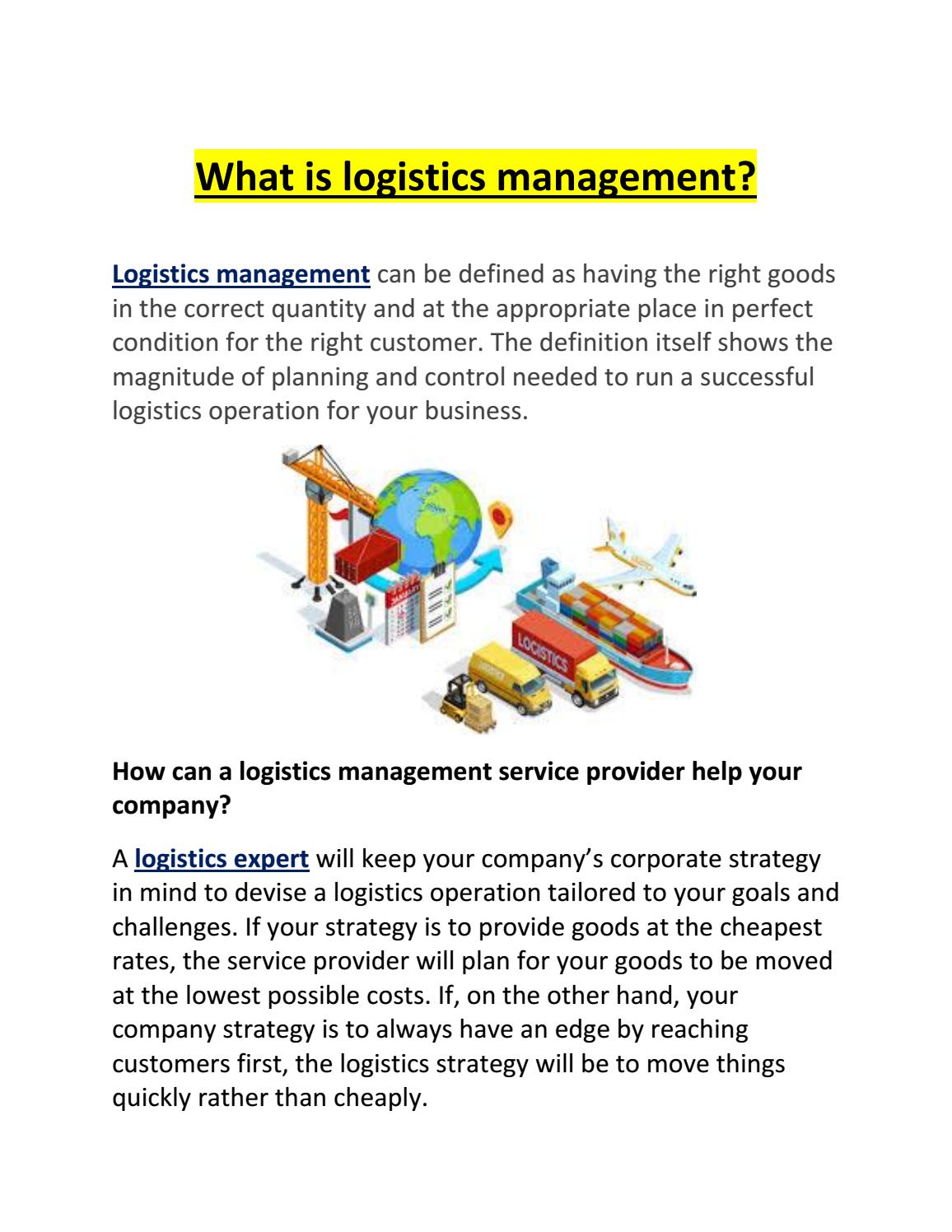
The certificate program in construction management can help you to be a leader within the field. Its innovative curriculum gives students a range of skills that are essential in today's fast-paced business. Students will learn about scheduling, BIM, green building, and construction law. This program will help students develop leadership and interpersonal skills. A construction management certificate will help you start your own business, or work for an established construction company.
Coursework
The course for a certificate in construction management is designed to help construction project managers improve their skills. This course covers topics like project planning, scheduling and budgeting, as well as code compliance. It also covers topics such the critical path method as well as scheduling tools. A student will also learn about cash flow diagrams. This course is necessary if one wants to work in construction.
To be eligible for a U of M construction management certificate, students must have completed all coursework within four year of their admission. The average student must earn a C or have an overall GPA of at least 2. The certificate is awarded concurrently with an undergraduate degree. This program is intended for people with previous experience working in the construction industry. However, the student must be admitted to the program as early as possible.

Credentials
Construction management certificates are a valuable credential for anyone looking to work in the construction industry. Employers will be impressed by your commitment to this career. It also provides a professional edge for those who are looking to start their own business or freelance in the field. Credentials for construction management certificate are available from various colleges and universities. There is constant change in the construction industry, so it is highly desirable to have the skills that will make you a successful contractor.
Construction certifications benefit everyone involved in the construction process. These programs are beneficial for all involved in the construction process. They also demonstrate that a worker is highly skilled and understands the construction industry. By obtaining this certification, you can earn better pay for your services. A certification in construction is a great way for you to stand out.
Requirements
Earning a construction management certificate may not necessarily lead to employment, but it can boost your job prospects. Students who complete a certificate program typically gain knowledge in building information modeling, project delivery, and decision-making. Certificate programs are usually two-year long and do not require additional coursework. This program can help you to advance your career and show your expertise. It is not necessary to be an industry expert to earn a certificate.
An exam-style certificate can also be obtained. This certificate will cost you between $500 and $1,100. It will also require you to take a final exam. The cost of the certificate is payable once you pass the exam. There are many requirements to get a certificate depending on your skills, education, and employer requirements. You should learn as much as you can about each option before making a decision to pursue one.

Online programs
A certificate in construction management can be earned online, which will help you stand out among other job candidates. This certificate allows you to show employers that you are capable of taking on a high-level role in a construction company. Ashworth College offers an online program for construction management certificates at affordable tuition rates. The links below will take you to more information about the program. We hope you find the following information helpful. This industry is very competitive. You will be able to get your construction management certificate online and land that job.
You can earn a certificate in construction management to be more efficient in managing employees and coordination of projects. This course provides cutting-edge knowledge in project management and scheduling, BIM construction law, as well as green building practices. The course also emphasizes leadership and interpersonal skills. This is a great option for those who want to break into the construction industry, but don't have the time or education to pursue an advanced degree.
FAQ
What are the five management process?
Each business has five stages: planning, execution and monitoring.
Planning is about setting goals for your future. This includes setting goals for the future and defining what you want.
Execution is when you actually execute the plans. It is important to ensure that everyone follows the plans.
Monitoring is checking on progress towards achieving your objectives. This should involve regular reviews of performance against targets and budgets.
Each year, reviews are held at the end. They give you an opportunity to review the year and assess how it went. If not, then it may be possible to make adjustments in order to improve performance next time.
After the annual review, evaluation takes place. It helps you identify the successes and failures. It also provides feedback regarding how people performed.
What are some common mistakes managers make when managing people?
Sometimes managers make their job harder than they need to.
They might not give enough support and delegate the right responsibilities to their staff.
Managers often lack the communication skills necessary to motivate and guide their teams.
Some managers create unrealistic expectations for their teams.
Some managers may try to solve every problem themselves instead of delegating responsibility to others.
How do we create a company culture that is productive?
Successful company culture is one where people feel valued and respected.
It is founded on three basic principles:
-
Everybody can contribute something valuable
-
People are treated fairly
-
Individuals and groups can have mutual respect
These values can be seen in the behavior of people. They will show consideration and courtesy to others.
They will listen respectfully to the opinions of others.
And they will encourage others to share ideas and feelings.
Company culture also encourages open communication, collaboration, and cooperation.
People can freely express their opinions without fear or reprisal.
They know that they will not be judged if they make mistakes, as long as the matter is dealt with honestly.
Finally, the company culture encourages honesty as well as integrity.
Everyone understands that the truth is always best.
Everyone knows that there are rules and regulations that apply to them.
No one is entitled to any special treatment or favors.
Statistics
- Your choice in Step 5 may very likely be the same or similar to the alternative you placed at the top of your list at the end of Step 4. (umassd.edu)
- The profession is expected to grow 7% by 2028, a bit faster than the national average. (wgu.edu)
- The average salary for financial advisors in 2021 is around $60,000 per year, with the top 10% of the profession making more than $111,000 per year. (wgu.edu)
- 100% of the courses are offered online, and no campus visits are required — a big time-saver for you. (online.uc.edu)
- The BLS says that financial services jobs like banking are expected to grow 4% by 2030, about as fast as the national average. (wgu.edu)
External Links
How To
How can you create a Quality Management Plan, (QMP)?
QMP (Quality Management Plan) is a system to improve products and services by implementing continuous improvement. It provides a systematic approach to improving processes, products and customer satisfaction by continuously measuring, analysing, controlling, controlling, and improving them.
QMP is a standard way to improve business performance. QMP is a standard method that improves the production process, service delivery, customer relationship, and overall business performance. QMPs should cover all three dimensions - Products, Processes, and Services. If the QMP only covers one aspect, it's called a "Process QMP". The QMP that focuses on a Product/Service is called a "Product." QMP. And when the QMP concentrates on Customer Relationships, it is called "Customer" QMP.
Scope, Strategy and the Implementation of a QMP are the two major elements. These are the following:
Scope: This describes the scope and duration for the QMP. For example, if your organization wants to implement a QMP for six months, this scope will define the activities performed during the first six months.
Strategy: This describes how you will achieve the goals in your scope.
A typical QMP is composed of five phases: Planning Design, Development, Implementation and Maintenance. Here are the details for each phase.
Planning: In this stage the QMP's objectives and priorities are established. To get to know the expectations and requirements, all stakeholders are consulted. After identifying the objectives, priorities, and stakeholder involvement, the next step is to develop the strategy for achieving these objectives.
Design: This stage is where the design team creates the vision, mission and strategies necessary for successful implementation of QMP. These strategies are executed by creating detailed plans.
Development: Here, the team develops the resources and capabilities that will support the successful implementation.
Implementation: This refers to the actual implementation or the use of the strategies planned.
Maintenance: This is an ongoing process to maintain the QMP over time.
In addition, several additional items must be included in the QMP:
Participation of Stakeholders: The QMP's success depends on the participation of stakeholders. They are required to actively participate in the planning, design and development of the QMP, as well as the implementation and maintenance phases.
Project Initiation - A clear understanding of the problem statement, and the solution is necessary for any project to be initiated. This means that the initiator should know why they want something done and what they hope for from the end result.
Time Frame: It is important to consider the QMP's time frame. A simple version is fine if you only plan to use the QMP for a brief period. For a long-term commitment you may need more complicated versions.
Cost Estimation is another important aspect of the QMP. Without knowing how much you will spend, planning is impossible. Therefore, cost estimation is essential before starting the QMP.
QMPs are more than just documents. They can also be updated as needed. It changes as the company grows. It should therefore be reviewed frequently to ensure that the organization's needs are met.